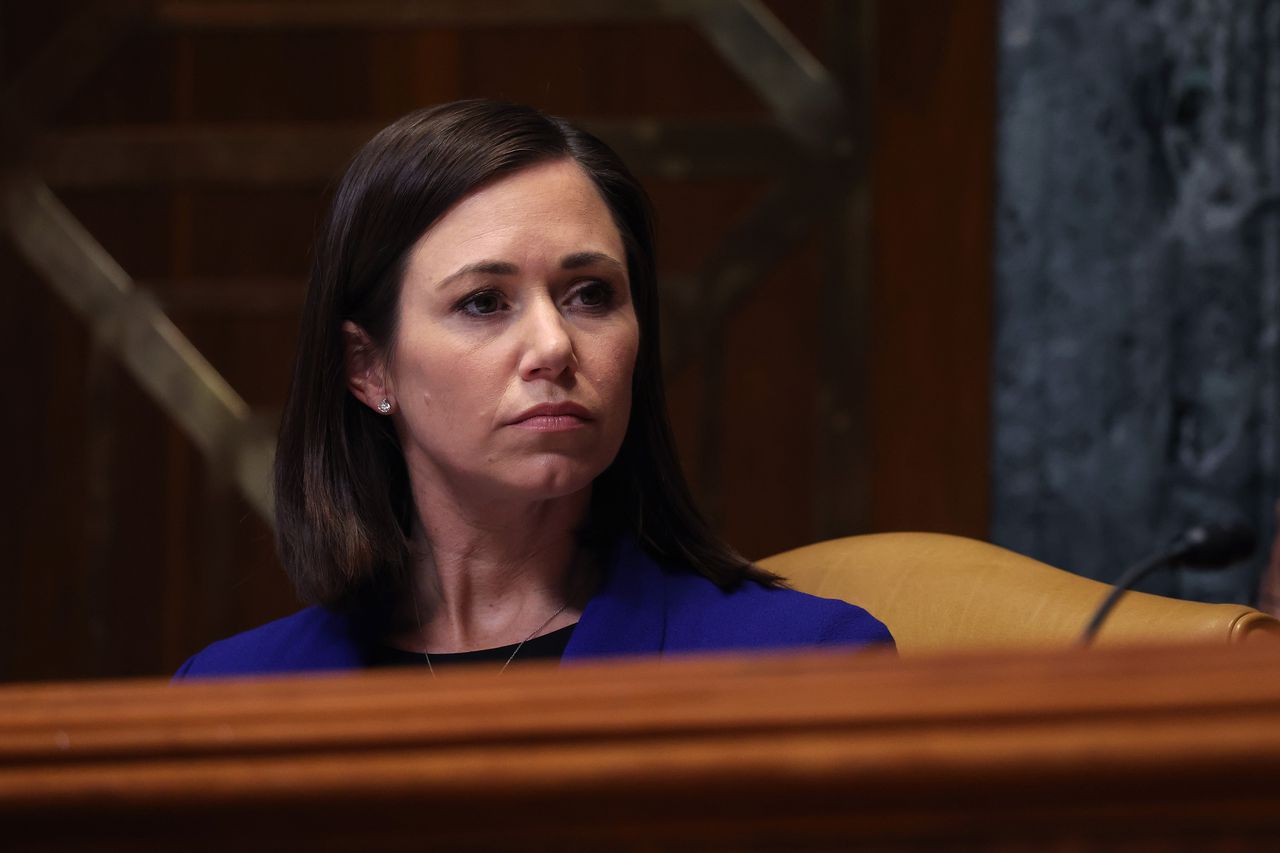Katie Britt co-sponsoring bill to end government shutdowns over âbudgetary political brinksmanshipâ
Sen. Katie Britt is co-sponsoring a bill that its supporters say would permanently end government shutdowns triggered by budget stalemates.
Sen. James Lankford’s Prevent Government Shutdowns Act of 2023 would also prevent members of Congress from using any official funds for travel and mandate daily floor sessions, including weekends, until appropriations bills are passed.
The travel restrictions would also apply to congressional staff and officials from the White House Office of Management and Budget. Lankford is a Republican senator from Oklahoma.
The bill is aimed at preventing the kind of budgetary showdowns currently inflaming Capitol Hill. Members of the House broke for the weekend yesterday after members of the Republican House caucus helped defeat a procedural vote over a Pentagon spending bill.
“The American people are tired of seeing critical government services being held hostage while Congress irresponsibly pushes to pass massive spending bills at the last minute,” Britt said in a statement. “Taxpayers shouldn’t be forced to keep paying the price for this budgetary political brinksmanship.”
The bill would trigger an automatic 14-day Continuing Resolution (CR) to keep funding the government at the previous fiscal year’s levels if Congress does not enact all 12 appropriations on time. If there is still no resolution at the end of two weeks, automatic 14-day CRs would go into effect on a rolling basis until either all appropriations bills, or a long-term CR, is approved.
“This commonsense bill would ensure we have a fail-safe mechanism in place that will take these drastic options off the table, so members of the Senate and the House have time to draft the best bills possible in a transparent, accountable, and judicious manner,” Britt said.
Earlier this year, Britt also co-sponsored a bill that would deny pay to members of Congress if they do not pass the budget resolutions and appropriations bills by the start of the fiscal year on October 1, and would prevent retroactive pay.
